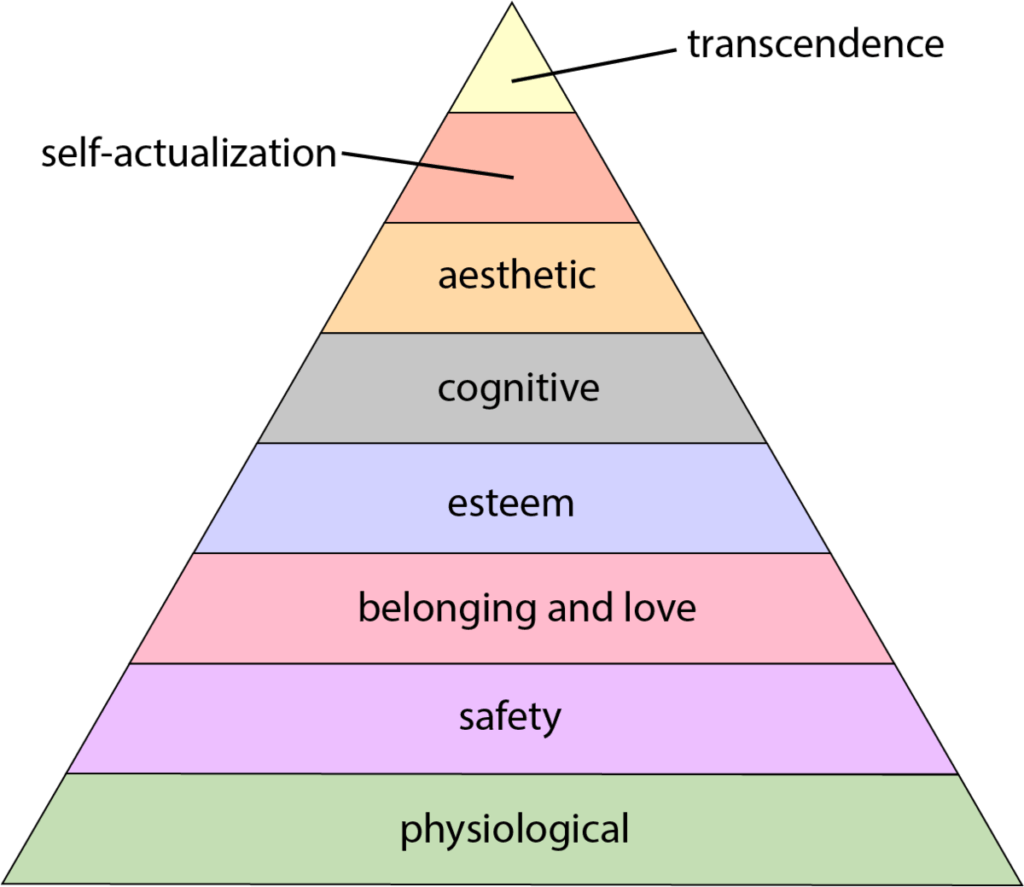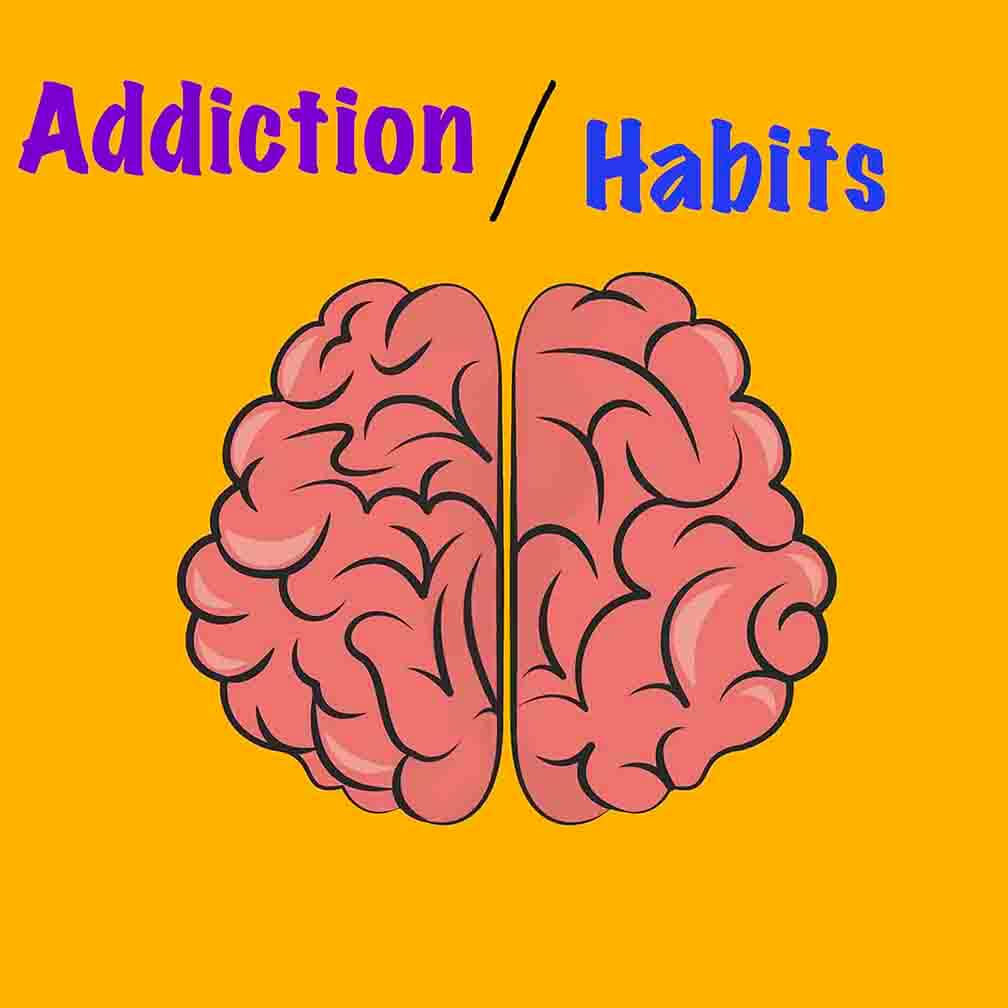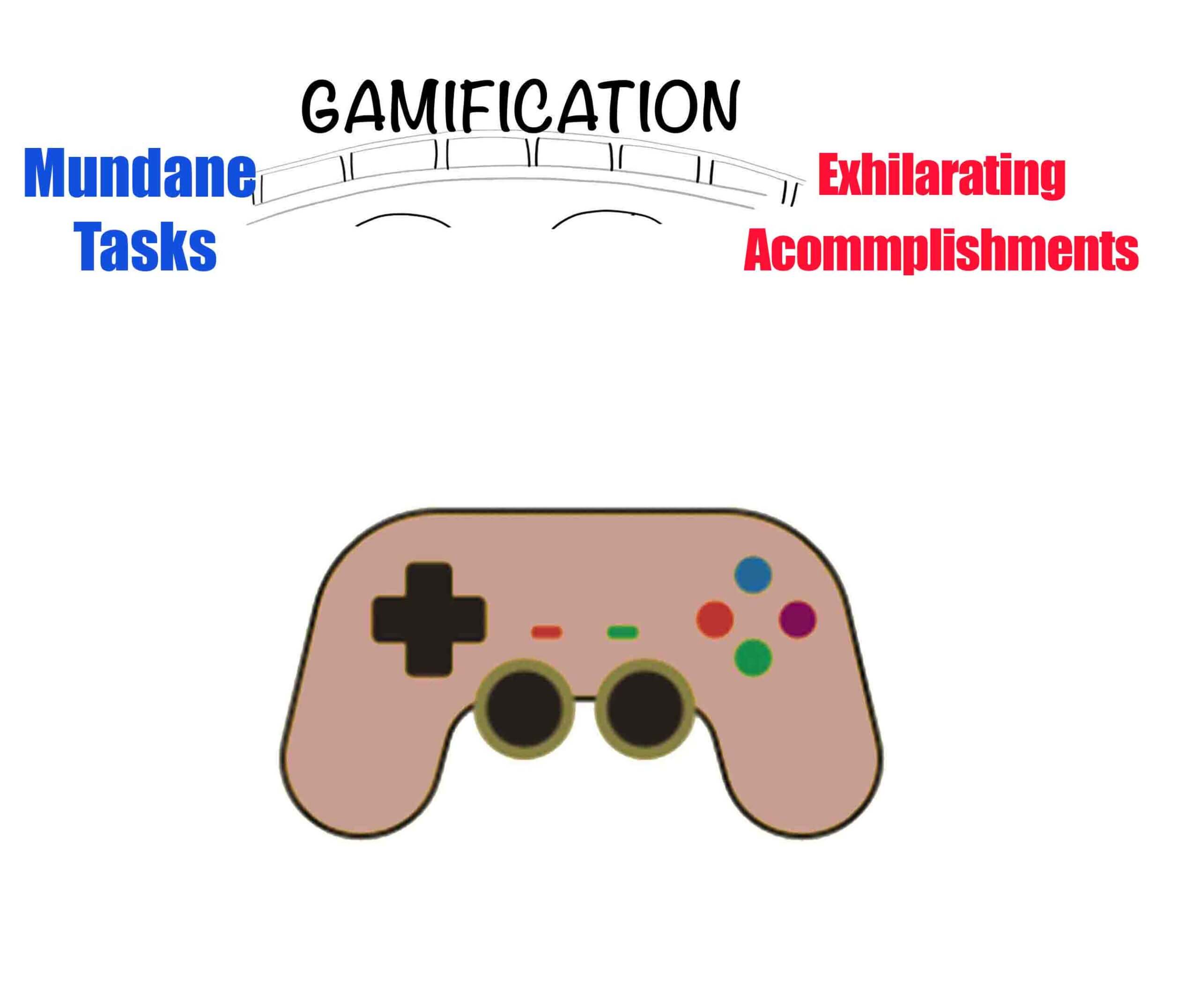How do things become cool? What drives that? Is it culture?
What is culture? Why is it important for a community?
Culture is the foundation on which society is built. It provides the framework within which social interaction takes place, and through culture, people learn the values and norms of their society.
~ Culture shapes our identities.
Culture shapes our identities in countless ways. Our cultural background influences our beliefs and opinions on important issues like politics, race, and gender. Culture is an essential part of who we are. It is the way we see the world and our place in it.
~ Culture gives us a sense of belonging.
Culture provides us with this sense of community by giving us a common identity.
~ Culture is a form of self-expression.
We understand and identify ourselves by seeing how others express themselves through their culture.
~ Culture gives us a sense of purpose.
Culture gives us a sense of purpose by providing us with values and ideals to strive for. It gives us a sense of continuity and connection with past generations and helps us build a better future.
Can a society exist without culture?
A society is a group of individuals participating in continuous social connection.
A group of individuals gets together for a particular purpose or activity.
A group of individuals exposed to the same cultural standards that are dominant.
A group of individuals who have agreed to live together, help each other survive, and improve their quality of life.
An individual always has the option to pick a position on a spectrum between pure individuality (breaking all known conventions) and total conformity (adhering closely to all established conventions). There is always a pressure of adhering to societal demands, and individual endeavors to find the sweet spot between acceptance and distinction.
As per ‘Maslow’s Hierarchy of Needs’, an individual has his needs (survival & security, love and acceptance, esteem and respect) and individuals cluster around to achieve those needs. Maslow’s theory also describes the pattern through which human needs and motivations generally move, in the context of human behavior – as motivation arises at the next stage, each prior stage must be satisfied by an individual.

An individual always tries to find the sweet spot between acceptance and distinction. Distinction via rising the pyramid ladder and always in pursuit of social status.
While Maslow’s theory reflects the universal needs of society as its base, then proceeds to more acquired emotions, the fundamental question remains the same:
1) Why do individuals cluster around arbitrary behaviors and take deep meaning from them?
2) How do distinct styles, conventions, and sensibilities emerge?
3) Why do we change behaviors over time and why do some behaviors stick around?
Maslow thought that human needs were love and acceptance, esteem and respect, in order, David Marx, author of ‘Status and Culture” rolls these ideas, into a unifying concept: social status.
Social Status
Status is your position in a hierarchy. And we are in all these different hierarchies in our lives. If you move up the hierarchy, you get more benefits, people treat you better and you have a better life. And if you move down, you have a worse life.
“We all compete for status, whether we like it or not.”
David Marx, in his book, focuses on explaining the choices we make every day. All trends start via the combined influence of outsiders and elites, the early adopters who are “well-paid (economic capital), well connected (social capital) and well educated (educational and cultural capital).” Marx explains how each choice (in pursuit of social status) affects the individual while he assigns quantitative analysis to culture.
Why status matters?
As your status go up, you’re treated better, and get all the social benefits. As your status goes down, you lose social benefits.
Example – if you walked into a restaurant and you have a normal status, they seat you at a normal table. If you have low status, maybe they stall you in sitting there. If you have high status, they give you the best table. And if you have super high status (celebrity), they may take your photo and put it on a wall. The chef might come out and say hello.
Is culture a mere by-product of status?
As per Marx, “Culture” is best understood as an omnipresent struggle for status, a zero-sum commodity whose desire is universal, even if the methods of obtaining it vary wildly. He gives a simplified model to understand how status struggles are waged.
“The crucial differences which distinguish human societies and human beings are not biological. They are cultural.”
How does status create a culture and all flows? All humans share a need to secure their social standing, and this universal motivation structures our behavior, forms our tastes, determines how we live, and ultimately shapes who we are. Marx proposes four key groups as classification of status hierarchy:
- “new money” – who obtain status through conspicuous consumption;
- “old money” – who don’t need to scramble for money and instead obtain status by mastering elite culture codes;
- “professionals” – who acquire status through their mastery of new and privileged information;
- lower classes – who lack both financial and cultural capital and are left to pursue status either through imitation or on a smaller scale within subgroups.
High-status people can’t create their own unique culture just based on information & money. They start getting into things normal people can’t do. Even lots of these things are expensive – the ability of status fakers to create the illusion that they’re having these expensive lifestyles without the money is pretty incredible. Private jets have become the real status symbol for the rich class. And yet, you go onto Instagram, and there are all these people in private jets who clearly don’t own private jets but have just gone to a parked private jet and taken their photo inside of it. And so then the idea of private jets becomes a little devalued and you don’t feel good about it anymore.
Do cultural trends only come from people of high status and diffuse top-down?
Status symbols really map to power and hierarchy. There are a lot of cultural trends that emerge from the bottom up. It’s that people that we’d call the creative class or professional class – start to get status by knowing conventions from minority cultures.
We should note that the flow of culture doesn’t go from the bottom to the middle and then to the top. People at the top are using culture from these communities as a way to signal they are in the know, signal their status and knowledge.
Today’s Culture in the age of Internet
Earlier in the 20th century, things used to move relatively slowly. The cultural flow was slow as cool status was hard to acquire. There were high barriers to the distribution of information.
Example – If you think about the movie “Mughal-E-Azam”, starring Dilip Kumar and Madhubala, it’s a movie from 1960. A romance of Salim-Anarkali has everything to offer that does not fail to please people of all generations. This movie is termed as epic and the quintessential love story remains relevant even today. And if you think about the movie “Dil Dilwale Dulhania Le Jayenge”, starring Shahrukh Khan and Kajol, it’s a film from 1995. Raj-Simran love-story has become a reference point for Bollywood’s love stories.
Love in Hindi cinema has travelled from Salim-Anarkali in Mughal-e-Azam to Raj-Simran “Dil Dilwale Dulhania Le Jayenge” to the OTT original stories of today, the representation of love has undergone a massive transition. The genre of romance has been timeless in Hindi movies, but the projection of romance has been a strong reflection of the changing society. People were able to anchor their experiences to these very specific cultural touchstones that we use to mark time. Our lives were transformed by these things and we wished to be inspired by these kinds of films.
Internet has flattened things now, the gap between you having some sort of exclusive practice and other people being able to copy is almost zero. We live in a time where everything is just for everyone immediately. Things are more democratic and more accessible to more people. And it’s quite difficult to find a way to have things that are cool and for everyone. Young people are so transfixed with what’s on social media and OTT all the time that maybe they don’t necessarily get inspired by blockbuster movies. Young people don’t form bonds with it. 15 minutes of fame is more important in the age of infinite content.
We live in a time where we have to consume high culture and low culture equally. You can be a big fan of fine dining and fast food both. If we look at the current cultural ecosystem, what we want is things to come up that challenge the conventions in really profound ways so that we move people’s perceptions to be able to understand more things. Today, things that are very popular tend to conform to the conventions that already exist. So we need a mechanism to promote things that are innovative and a little crazy. And it could be exclusionary to a group of people who are desperate for things that have innovation.
Example – Tesla. It is not just about high status but the positive behavior association with it. People look at the whole purpose of Tesla i.e. the world’s transition to sustainable energy and becoming more environment friendly.
Society is just status-infected culture.
Everything we own or everything we do signals some marker of status. We just keep developing a new lens through which we see the world.
We all compete for status, whether we like it or not. We can at least better explain the rules to make it a fairer fight. Society is a story of us changing what are the rules of competition, and what these criteria are.
References:
“Status and Culture: How Our Desire for Social Rank Creates Taste, Identity, Art, Fashion, and Constant Change” – by W. David Marx
en.wikipedia.org/wiki/Maslow%27s_hierarchy_of_needs
enlightio.com/why-is-culture-important
outlookindia.com
Image: iStock




 Swipe for more stories
Swipe for more stories
Comments